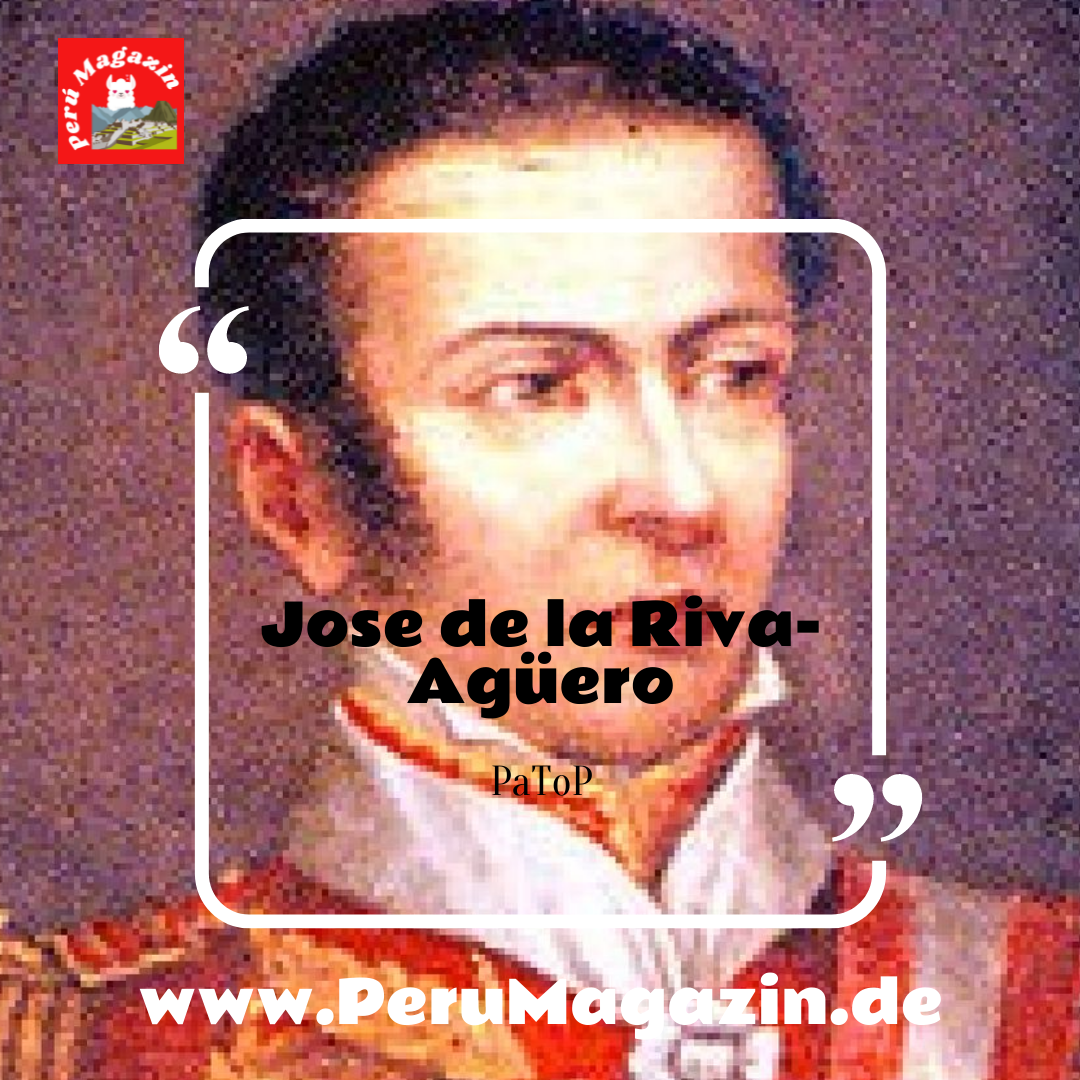
Jose de la Riva-Agüero: A key figure in the Peruvian independence movement

The history of Latin America's struggle for independence from Spanish colonial rule is marked by numerous prominent personalities who played crucial roles in the revolutionary movements. One such personality was José de la Riva-Agüero y Sánchez-Boquete. Born in Lima, Peru in 1783, he was a major leader in the early 19th century who took an active part in the liberation of Peru from Spanish rule.

Early life and education
José de la Riva-Agüero was born into a distinguished Creole family in Lima, the center of the Spanish Viceroyalty of Peru, on February 26, 1783. The Creoles were people of Spanish descent born in the American colonies, and they often played a central role role in the pursuit of independence. Riva-Agüero's family was no exception, and he grew up in an environment of privilege and influence.
He received a comprehensive education in law and the humanities that prepared him for future work in government and leadership. At this time, Peru was experiencing the changes fueled by Enlightenment ideas and the impact of the American and French revolutions, which fueled the desire for self-determination.
Role in the independence movement
José de la Riva-Agüero's involvement in the struggle for independence was marked by his dedication and active participation in the revolutionary cause. He supported the revolutionary leaders both materially and politically and joined the independence movement. He became a diplomat for the revolutionary cause and served as the movement's representative in negotiations with foreign powers and allies. This role was crucial in gaining international support for the struggle for independence.
The Battle of Ayacucho and the Provisional Government
A pivotal moment in Peru's quest for independence was the Battle of Ayacucho, which took place on December 9, 1824. It was a decisive battle in which the combined forces of José de Sucre, a lieutenant of Simón Bolívar, and Antonio José de Sucre, a Peruvian leader, defeated the Spanish royalists. This victory effectively secured Peru's independence from Spanish rule.
After the Battle of Ayacucho, José de la Riva-Agüero was appointed head of a provisional government in Peru. However, his tenure in this position was marked by a number of challenges and difficulties. There were significant internal divisions and power struggles as the competing interests and ambitions of various revolutionary leaders led to a lack of unity.
Resignation and exile
In 1823, due to increasing internal conflicts and the growing influence of Simón Bolívar, José de la Riva-Agüero resigned as provisional head of state. Bolívar took control of the government and consolidated his position as one of the most influential leaders in the South American struggle for independence.
After his resignation, Riva-Agüero went into exile in Europe. His time in exile allowed him to reflect on events in Peru and the broader movements for independence in Latin America. He remained largely removed from active participation in ongoing political developments in his home country.
Later years and death
José de la Riva-Agüero returned to Peru in the 1840s, but did not return to the political arena. The dynamics and political landscape had changed significantly since his time as provisional head of state, and new leaders had emerged to shape the country's future.
Riva-Agüero died on March 8, 1858 in Lima, Peru, leaving behind a complex legacy. While he played a crucial role in the early stages of Peru's struggle for independence, his time in office was marked by instability and conflict.
Legacy and conclusion
José de la Riva-Agüero's role in Peru's struggle for independence is a testament to the complexities and challenges that marked this transformative period in Latin American history. His early support for the revolutionary cause, his diplomatic efforts, and his alliances with other leaders were crucial in gaining international support for the independence movement.
However, his brief tenure as provisional head of state highlighted the internal divisions and power struggles that often accompany periods of political change. The conflicts with Simón Bolívar and other revolutionary leaders highlighted the difficulties of maintaining a unified front in times of upheaval.
Ultimately, José de la Riva-Agüero's legacy is that of a significant figure in Peru's independence movement, even if his time in power was comparatively short. His story is a reminder of the complexities and challenges faced by those seeking to shape the destiny of their nations in times of upheaval and transformation.
#JoseDeLaRivaAguero #PeruvianIndependence #LatinAmericanHistory #RevolutionaryLeaders #IndependenceMovement #HistoricalFigures #PeruvianHistory #DiplomacyInHistory #BattleOfAyacucho #PoliticalLeadership #peru #PeruMagazine #weloveperu #patop #patopversand

Leave a comment